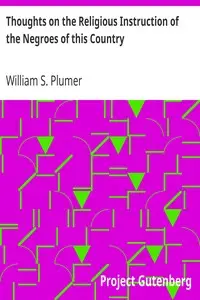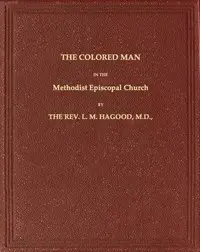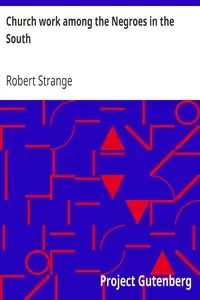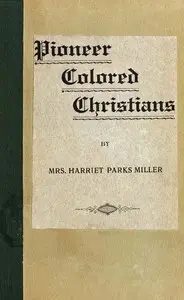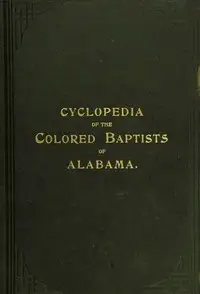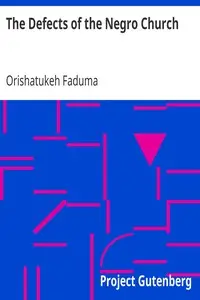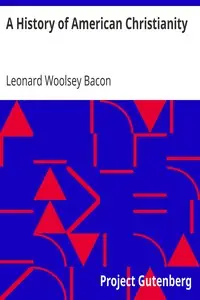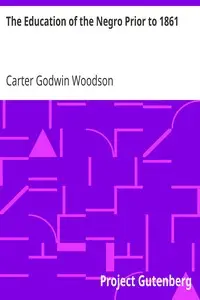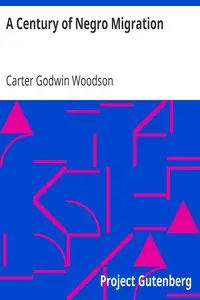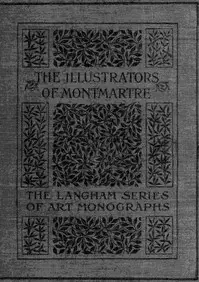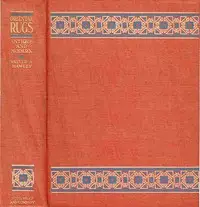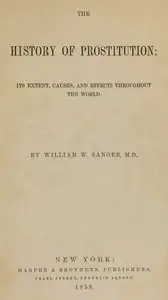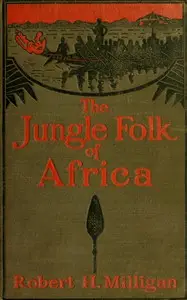"The History of the Negro Church" by Carter Godwin Woodson is a study of how the church grew to be a cornerstone of African American life in the United States. It looks at the journey from the first attempts by missionaries to the creation of churches run by African Americans themselves. The book shines a light on the important role different church groups played in shaping the spiritual experiences of African Americans, contributions that have often been forgotten. The story starts by examining the first interactions between missionaries and African Americans, noting that many colonists were hesitant to share their religion with them. Woodson explains the difficulties faced by early religious leaders who tried to teach and convert enslaved people, showing how they struggled against racism as they fought to provide religious education to African Americans.
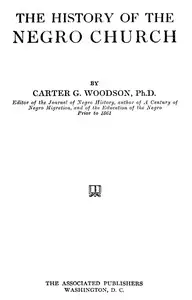
The History of the Negro Church
By Carter Godwin Woodson
Discover the untold story of faith, resilience, and community as a marginalized people build their own spiritual havens in the face of prejudice.
Summary
About the AuthorCarter Godwin Woodson was an American historian, author, journalist, and the founder of the Association for the Study of African American Life and History (ASALH). He was one of the first scholars to study the history of the African diaspora, including African-American history. A founder of The Journal of Negro History in 1916, Woodson has been called the "father of black history." In February 1926, he launched the celebration of "Negro History Week," the precursor of Black History Month. Woodson was an important figure to the movement of Afrocentrism, due to his perspective of placing people of African descent at the center of the study of history and the human experience.
Carter Godwin Woodson was an American historian, author, journalist, and the founder of the Association for the Study of African American Life and History (ASALH). He was one of the first scholars to study the history of the African diaspora, including African-American history. A founder of The Journal of Negro History in 1916, Woodson has been called the "father of black history." In February 1926, he launched the celebration of "Negro History Week," the precursor of Black History Month. Woodson was an important figure to the movement of Afrocentrism, due to his perspective of placing people of African descent at the center of the study of history and the human experience.

